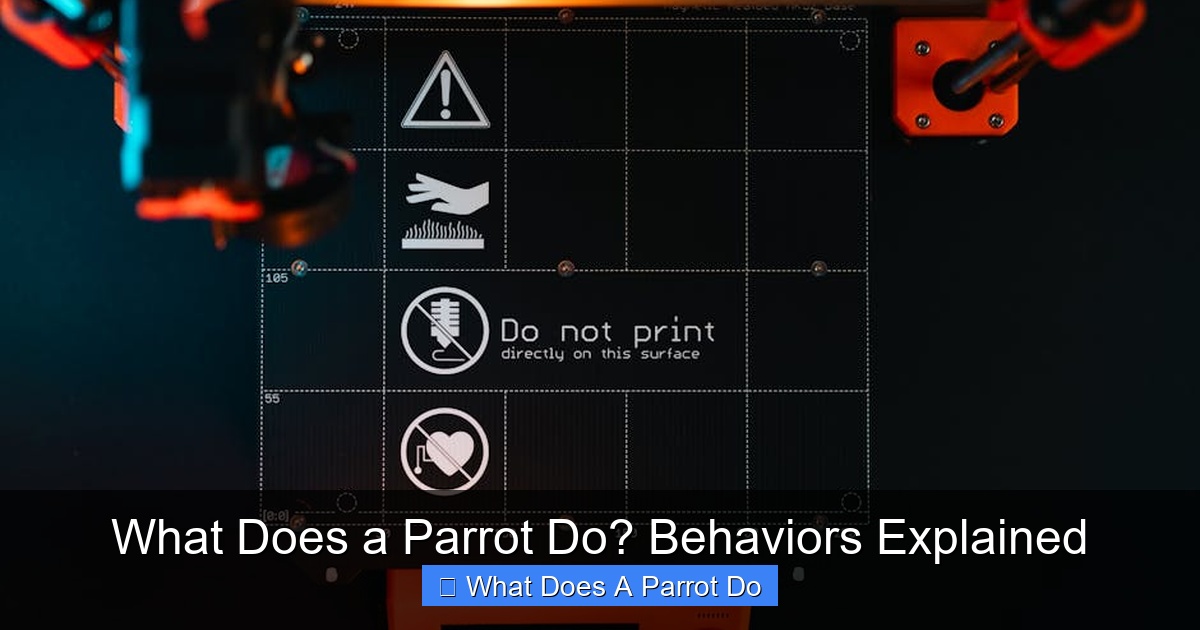
Featured image for this comprehensive guide about what does a parrot do
This is a comprehensive guide about what does a parrot do.
Frequently Asked Questions
What is what does a parrot do?
what does a parrot do is an important topic with many practical applications and benefits.
How can what does a parrot do help me?
Understanding what does a parrot do can improve your knowledge and provide practical solutions.
